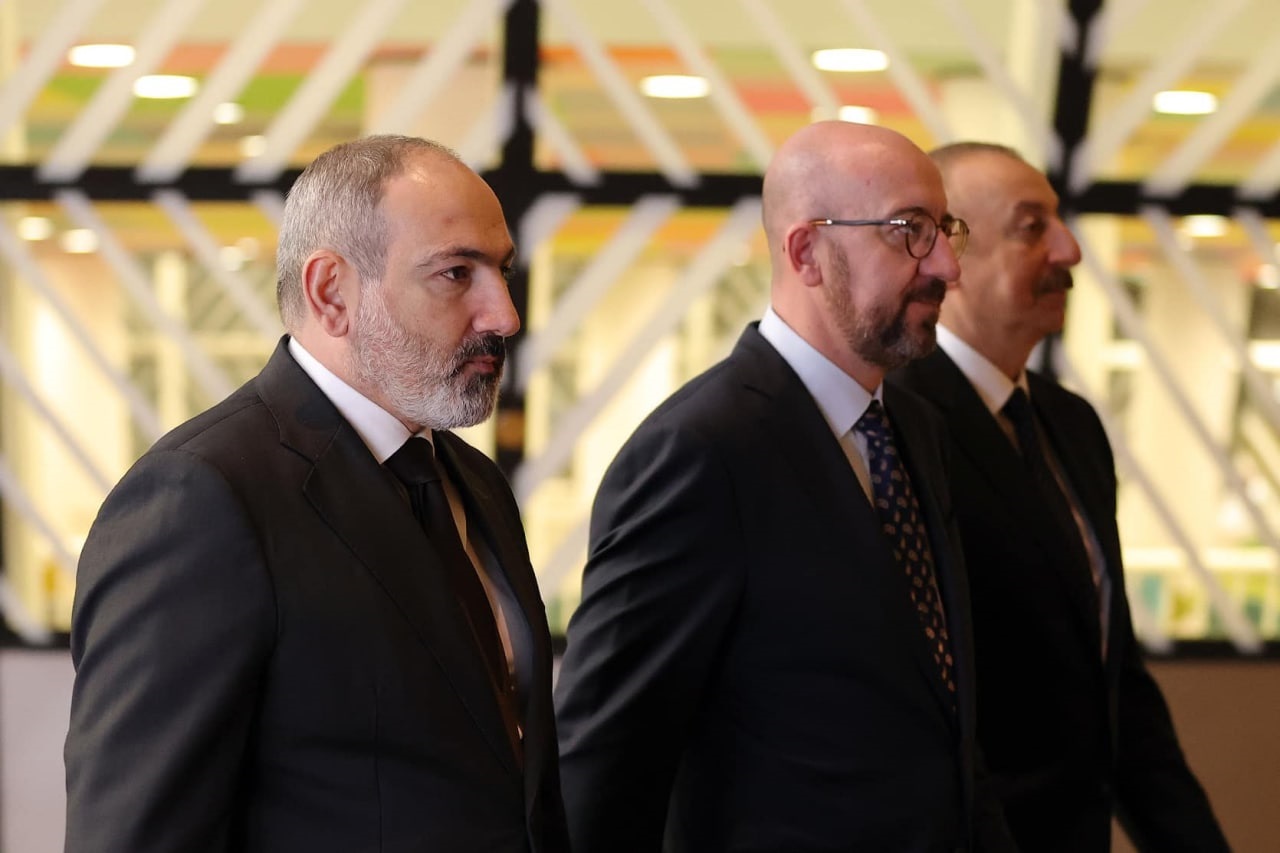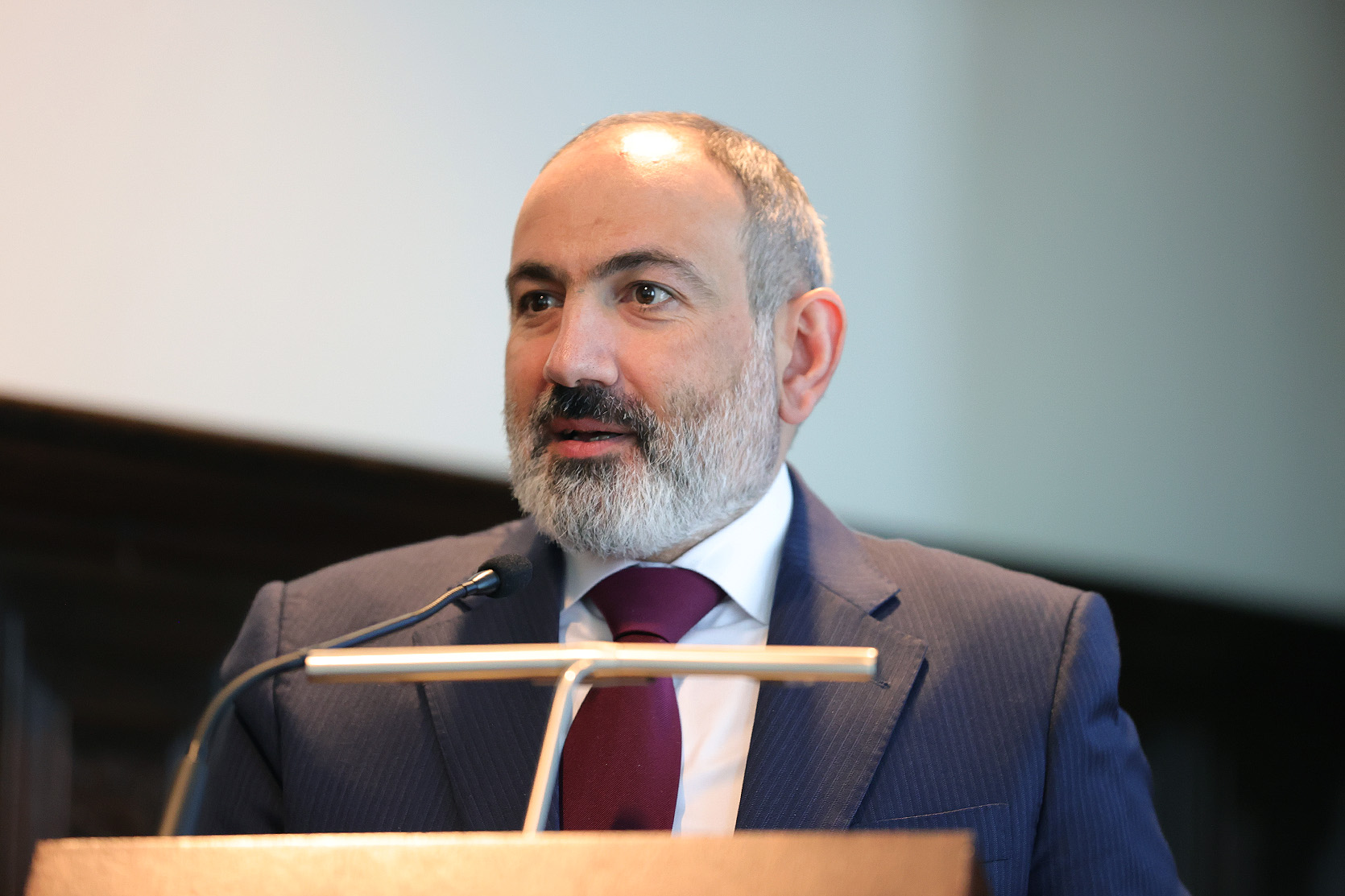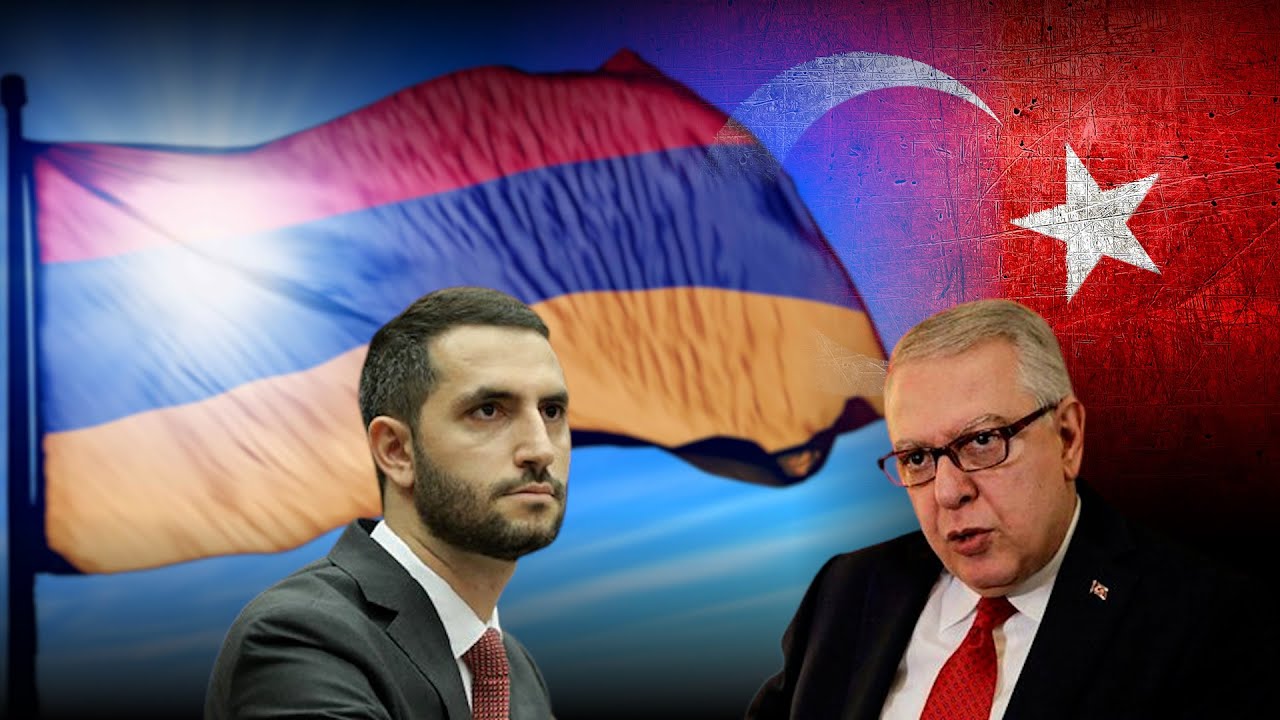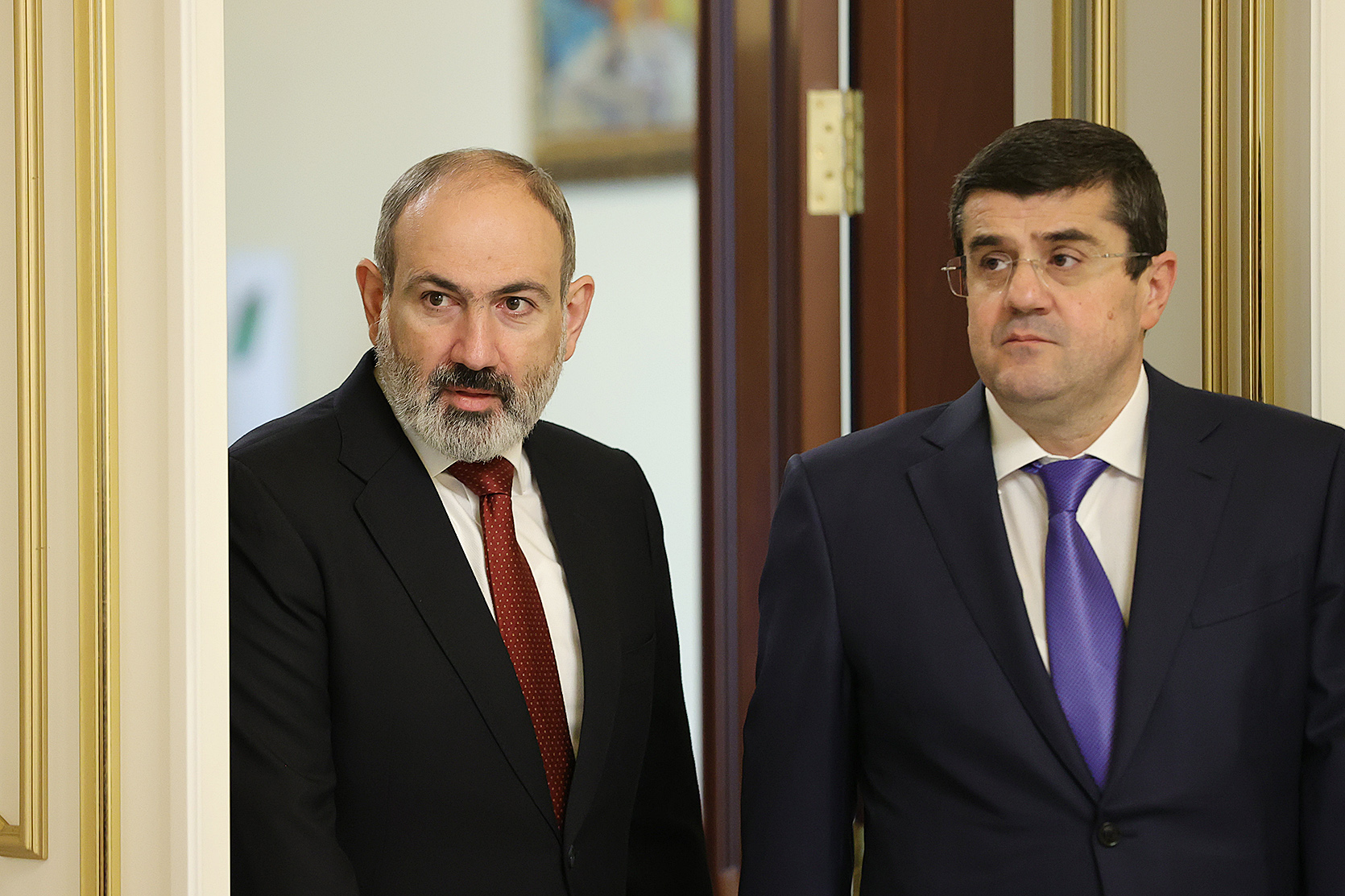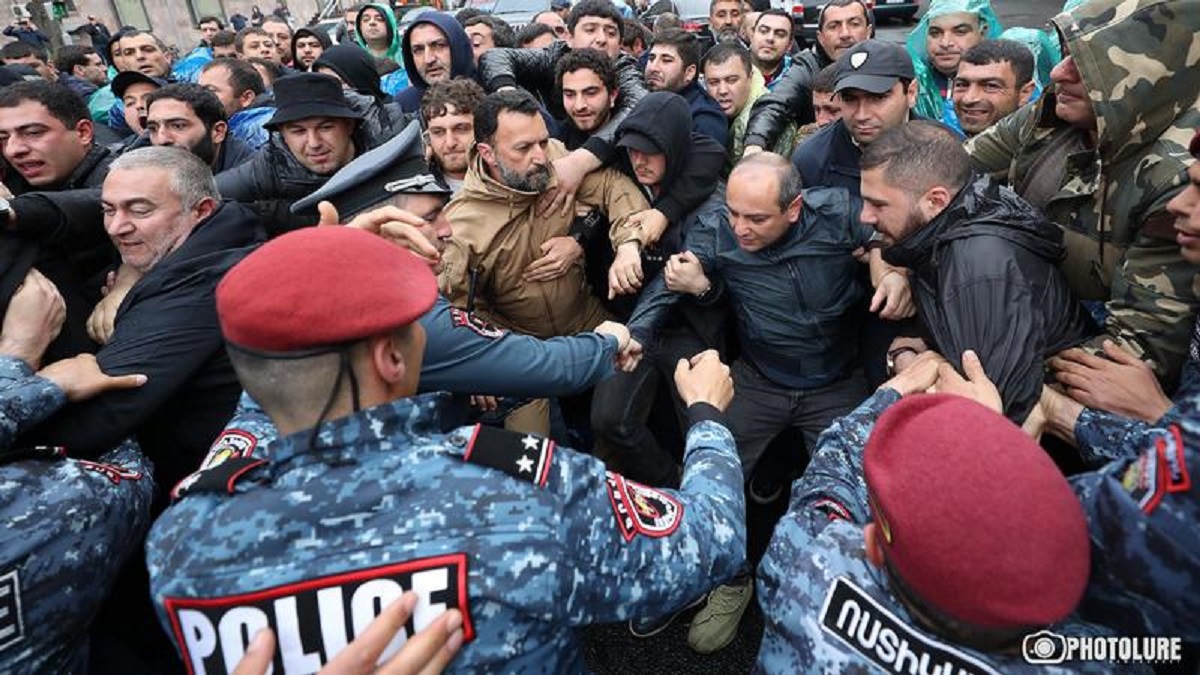Opinion: “It's time to review Armenia’s foreign policy”
Revision of Armenia’s foreign policy
Political scientist Armen Grigoryan calls to turn the pseudo-diversification of Armenia’s foreign policy into the real one. At the same time, he believes that in the context of today’s geopolitical challenges, Armenia’s cautious approach to the development of foreign relations seems appropriate. Drastic steps in this area, in his opinion, are impossible “under the conditions of unsettled relations with two neighbors, an ambiguous behavior of a nominal ally and the unsatisfactory level of relations with potential partners”.
Nevertheless, the political scientist suggests that the Armenian authorities, even taking into account the risks and certain “red lines”, consider a variety of scenarios, even those that seem not so likely at the moment, and plan further anticipated actions. He explains his proposal by the fact that “the scenario of building a new world seems the most probable”.
Opinion of an expert as published by the “Analyticon” journal”
- “Karabakh is up for sale” – Armenian opposition on Pashinyan-Aliyev Brussels talks
- Op-ed: ‘Armenia and Azerbaijan maneuver between Russia and the West’
- Armenian villagers living near the Azerbaijani border demand a security zone
“Armenia’s concern about the emergence of a security vacuum in the South Caucasus in the event of Russia’s defeat in the war with Ukraine or even its weakening when the conflict is frozen is more than appropriate. It is obvious, however, that the mantras of Russian propaganda such as “Anglo-Saxon conspiracy”, “Slavic brotherhood”, “Russia’s invincibility” repeated by some will not help the cause, the likelihood of Russia’s victory, respectively, of protecting Armenia from security risks will not increase either.
In addition, despite the pathetic statements about “complementarianism” or “multi-vector foreign policy”, one should not continue to engage in self-deception, as if not noticing how for decades a system of international relations has been formed, built on a certain geopolitical orientation and one-sided service of interests emanating from this orientation.
Armenia has been limiting the level of relations with various partners for years and, allegedly of its own free will, found itself in conditions of one-sided political and economic dependence, with the ensuing consequences.
It can be said without any exaggeration that the state interests and the rights of citizens have been sacrificed for decades for the sake of one super-goal – the self-reproduction of the regime, as well as the interests of Gazprom, Russian oligarchs and other private interests in a common neo-colonial space.
But, nevertheless, at an extremely high price, an understanding came of what had been warned for years: stagnation and self-isolation that had lasted for years had depleted the state resource, without providing the security guarantees that such a policy was conditioned by.
Although for decades the pseudo-complementary policy of Armenia was conditioned by the desire of the ruling regimes not to provoke Russia in order to avoid risks for their own power, and even in recent years the steps aimed at foreign policy diversification have been extremely timid, it is precisely because of Russia’s aggressive policy in recent months that a situation has developed when everyone (with the exception of those who, based on personal interests, are an ardent supporter of pushing Armenia into a union state and thereby ensuring absolute international isolation) it has become obvious that it is simply impossible to disregard the risks caused by unilateral dependence and the “red lines” of others.
Thus, despite a certain likelihood of irritating Russia, Armenia was forced to take a neutral position regarding the Russian-Ukrainian war, violating the sad tradition of unilateral solidarity with Russia in the UN General Assembly and other international institutions.
The 2020 war and other events have already pushed Armenia towards foreign policy diversification and work with various potential partners, but Russian aggression, which hastened the building of new world order, has made the task of diversification even more relevant.
The meeting in early May between Armenian Foreign Minister Ararat Mirzoyan and US Secretary of State Anthony Blinken, as well as the meeting of the Armenia-US Strategic Dialogue, during which the parties confirmed their intention to strengthen relations in all areas, can hardly be considered a turning point.
But even with the existing content, this can be considered a positive sign, given the long-term imbalance of foreign policy ties, the unsatisfactory level of Armenian-American relations resulting from this, and the general difficulty in leveling the situation with the practical impossibility of taking drastic steps.
It can be welcomed as a statement of the existence of common interests that are built on common values in general, as well as, in particular, the signing of a joint action plan in the field of anti-corruption fight and reforms of the legal system (before that, during an online meeting held on March 31 as part of a strategic dialogue, reforms in these areas were discussed).
Reforms in the judiciary and law enforcement spheres, which are top priorities in terms of democratization, are already overdue: and now it is especially important that the Armenian government and parliament take practical steps in this direction.
It is also necessary to encourage further cooperation on other discussed issues: both related to border security, cooperation in the field of defense and security – emergency management, defense reforms, cooperation in the medical and peacekeeping fields, as well as in the economic sphere, including, opportunities to deepen partnerships in energy, trade and investment.
It is important that Armenia show consistency not only in terms of implementing reforms, but also act from an initiative, proactive position in terms of forming an agenda for future cooperation and expanding the circle of interaction.
One should also take into account the dynamism of transformations in the world – both in terms of the emergence of new challenges and chances: delay on the path of modernization, adherence to archaic, irrelevant ideas are fraught with loss of interest from partners and, accordingly, chances.
The above applies not only to relations with the United States. Some experts draw attention to the lack of proactivity in Armenia’s relations with the European Union, which limit the effectiveness of cooperation within the framework of the Eastern Partnership, in particular, provided for by the Comprehensive and Enhanced Cooperation Agreement, which leads to negative consequences up to the suspension of financial support due to the unsatisfactory level of reforms.
To summarize, it should be assumed that attempts to discredit even cautious steps towards foreign policy diversification will continue in the future.
Evidence of this is the small number of actions of the parliamentary opposition unfolding in Yerevan but accompanied by pathetic statements, and in parallel, attempts to discredit the Washington visit of Ararat Mirzoyan and impede the normal work of diplomatic and consular institutions in Armenia.
Such actions should be viewed in the context of a long-term process that is not limited to the desire to usurp power under the pretext of “forming a government of national accord” and organizing elections under its control.
While consistently continuing foreign policy diversification, one should keep in mind that internal problems in Armenia derive directly from its foreign policy, and diversification is one of the tools to counter these problems.
Awareness of this and appropriate approaches will make it possible to confront challenges. It is impossible to rely on the goodwill of those benefitting from such challenges, as this will only inflame their appetites to expand the field for maneuvers by wearing out the sovereignty of Armenia, as has been happening for decades”.
Revision of Armenia’s foreign policy










